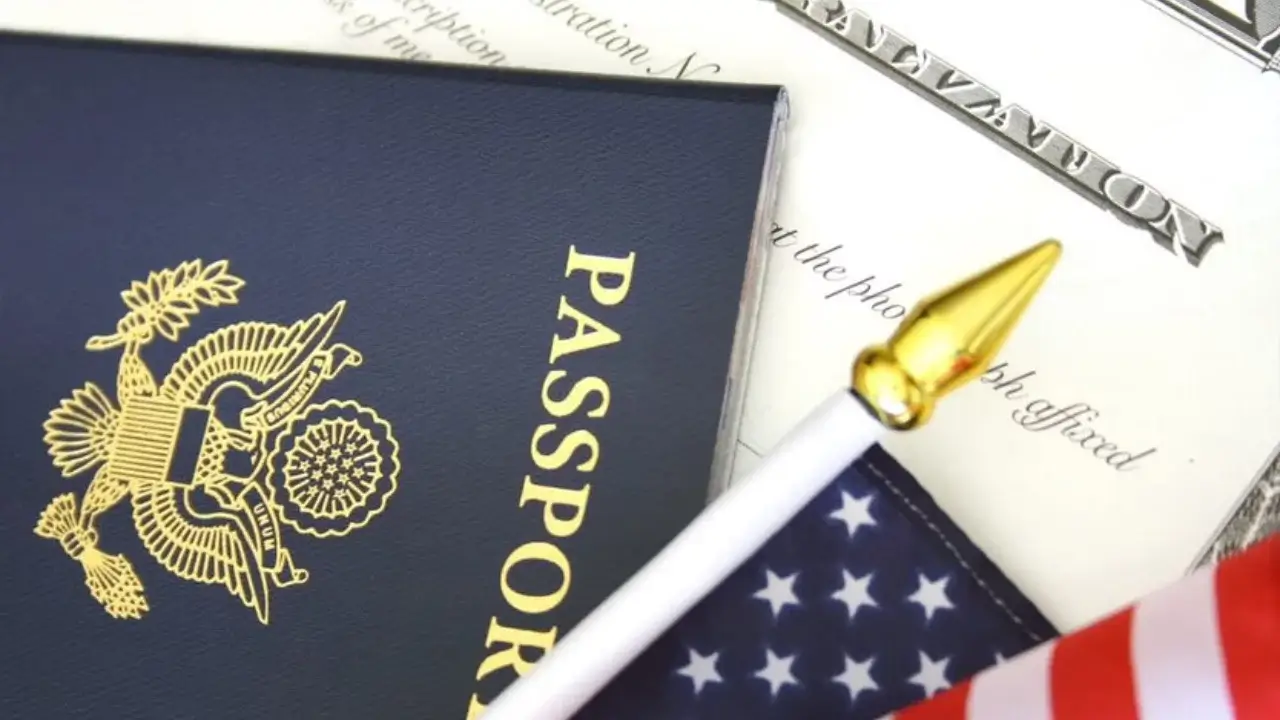Trump intends to impose restrictions on birthright citizenship in the USA

Birthright citizenship in the US has once again become the focus of national political debate. The White House has applied to the US Supreme Court on September 26, 2025, to uphold an executive order signed by the Donald Trump administration that has sparked major controversy. According to CNN, this is the second time in the past year that the Supreme Court has been approached on this issue.
The order was signed on January 20, 2025, and strictly prohibits automatically granting citizenship to babies born in the US to temporary or undocumented migrants. The administration describes this practice as a misinterpretation of the 14th Amendment to the Constitution and emphasizes that it leads to “negative consequences” for the country.
Lower courts have repeatedly halted the implementation of this policy. Specifically, in July of this year, the San Francisco Court of Appeals upheld a federal judge’s ruling that resulted in a nationwide suspension of the order. Additionally, a New Hampshire judge accepted a lawsuit filed by the ACLU, preventing the order from being applied to newborn babies.
The White House hopes that this policy will ultimately be approved by the Supreme Court. However, it remains uncertain whether the necessary four justices’ votes to consider the case will be secured.
Rights advocacy organizations and lawyers consider this order unconstitutional. ACLU representative Cody Wofsy described it as an “illegal decision lacking a legal basis.”
The 1898 Supreme Court decision on this matter is also recalled. At that time, in the case of Wong Kim Ark, the court recognized the citizenship rights of children born in the US to Chinese immigrants. This decision is still viewed as an important legal precedent today.
Thus, birthright citizenship remains one of the most contentious topics in the political and legal spheres in the US. Its resolution could affect the fate of millions of people in the country.
Read “Zamin” on Telegram!




















